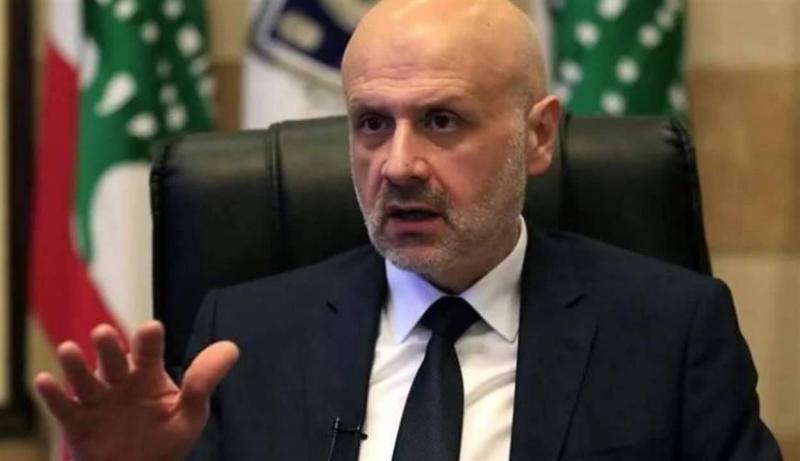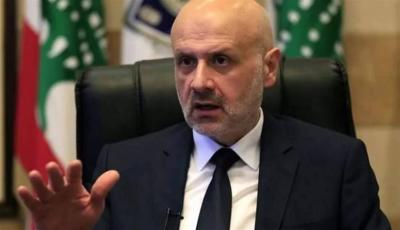Interior and Municipalities Minister in the caretaker government, Bassam Mawlawi, commented on the Syrian displacement crisis, stating, "The situation is no longer bearable, and it threatens Lebanon's demographics and identity." He emphasized, "We are fulfilling our duty as a ministry and a government, but it is no longer acceptable for the Syrian Refugee Commission to continue handling this file in this manner. The commission should not operate in isolation without regard to the presence of the Lebanese state and its laws, especially concerning the delivery of data related to Syrian displaced persons to General Security." He asked, "How can you demand that we protect the Syrian displaced in Lebanon in the absence of data on them? This issue is unacceptable to us and the government, and it will not be tolerated moving forward."
Mawlawi's statements were made during the central municipal and elective affairs council organized by the central office of municipal and elective affairs of the "Amal" Movement at the UNESCO Palace in Beirut. He praised the work and role of several municipalities, particularly Beirut, Tripoli, Sanayel, Ghbeiri, and Dekwaneh, which have been proactive in regulating the presence of Syrian displaced persons and enforcing the law. He pointed out that "the issue of displacement is large and complex, and we must address it with the care for Lebanon's existence and interest, and in accordance with the law."
He stressed that "the law must be applied to everyone present in Lebanese territories, similar to the Lebanese people, and we demand a clear international plan for the return of the displaced." He called for the removal of violations in all municipalities and unions and to protect public properties and domains of the Lebanese state, which is a right for every citizen, emphasizing that everyone shares the responsibility of preserving state properties and domains and opposes any infringement on them.
Regarding the work of local councils, Mawlawi affirmed that "municipalities are a manifestation of administrative decentralization as stipulated by the Taif Agreement, and this is what enables municipalities to give their best for Lebanon." He noted that "municipalities compensate for the state's shortcomings during crises and are more called upon today to continue their work in contributing to development and modernity."
As for municipal revenues, Mawlawi mentioned that "the decision issued by the Court of Audit regarding the unified collection of municipal fees for all of Lebanon is currently being implemented." Regarding municipal funds, particularly the independent municipal fund revenues, Mawlawi noted that "the funds are insufficient amid the decline of the Lebanese lira's exchange rate against the dollar," stressing the necessity of reassessing these resources, especially following the increases in communication and electricity tariffs, which should inject additional funds into municipalities and unions.
On the political front, Mawlawi affirmed that "building the state calls us to adhere to the national interest and enforce the law," expressing his appreciation for "the efforts of security and military forces in maintaining security and stability in the country in cooperation with the Lebanese army," and calling for "cooperation to overcome crises and preserve the country." He concluded by stating: "The Ministry of Interior preserves security and does not confront any liberties, and it affirms human rights and the freedoms of the Lebanese people in upholding their customs, traditions, religion, and beliefs. However, we will not accept that some individuals infringe upon the Lebanese community and families, in safeguarding the future of their children in a manner that satisfies them and God." He considered that "Lebanese families are committed and affirm the nature that God created people upon, and the law does not permit violations against all these families for reasons that have become well-known under the guise of freedom of expression."




